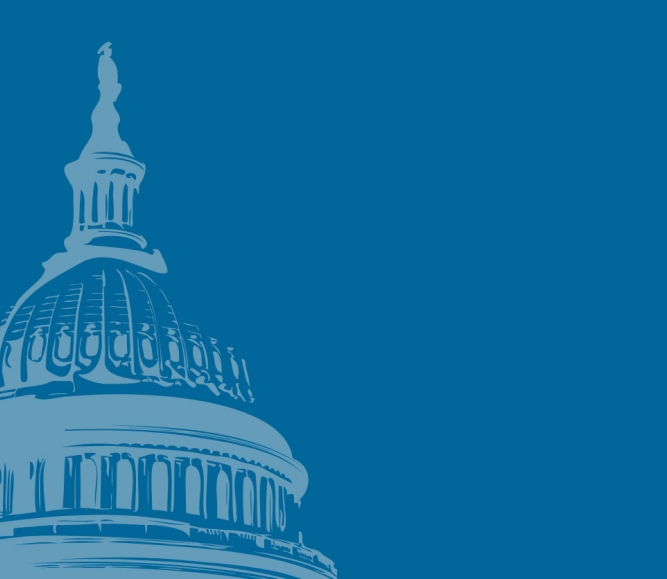Congress introduces legislation to restore critical public health funding
Author

Blaire Bryant

Naomi Freel
Upcoming Events
Related News

Key Takeaways
On November 14, the Public Health Funding Restoration Act (H. R. 10126/S. 5326) was introduced in both the U.S. Senate and House of Representatives. This legislation would address a pressing need to strengthen the nation’s public health infrastructure through direct and flexible funding to local health entities. By restoring critical funding to the Prevention and Public Health Fund (PPHF), the bill aims to equip communities with the tools needed to tackle modern public health challenges, from chronic disease prevention to emergency response.
See NACo’s Policy Brief on PPHF
Public Health Funding Restoration Act
The Public Health Funding Restoration Act would:
- Increase PPHF funding from $1.3 billion to $2 billion annually starting in FY 2025. This funding boost would address critical gaps in local public health systems, which have been underfunded for years despite growing challenges like chronic disease, substance use and emerging infectious diseases.
- Support core public health activities, such as vaccinations and chronic disease prevention. These programs are vital to improving community health, preventing costly diseases and reducing healthcare spending in the long term.
- Invest in innovative programs to prepare for unique health threats. This ensures communities have the tools and infrastructure to respond quickly to crises, saving lives and mitigating the broader impacts of health emergencies.
- Reaffirm the importance of prevention in the U.S. healthcare system. Prioritizing prevention reduces strain on healthcare systems and leads to better health outcomes by addressing issues before they become critical.
Read the Public Health Funding Restoration Act
County impacts
Counties support the majority of the nation’s 2,800 local health departments, which provide essential services like immunizations, disease surveillance and emergency preparedness. Local health departments also partner with communities to address the root causes of health issues, such as social determinants of health; prevent leading causes of death and disability; and reduce healthcare costs. Restoring full funding to the PPHF is critical to sustaining these services and addressing emerging threats. With federal investments making up nearly 25 percent of local health department revenue, increased funding will help counties maintain a robust public health workforce and infrastructure to protect and improve the health of their residents.
Resource
Protect Funding for Core Local Public Health Services and Prevention Programs

Related News

Drug tracking software helps counties identify trends, save lives
Florida counties are using an artificial intelligence tool called Drug TRAC to track and report drug trends, with the aim of providing quicker outreach and saving lives.

White House Executive Order establishes national substance use disorder response
On January 29, the White House issued an Executive Order (EO) establishing the Great American Recovery Initiative, a new federal effort aimed at coordinating a national response to substance use disorder (SUD).

USDA and HHS release new dietary guidelines
On January 7, U.S. Department of Agriculture Secretary Brooke Rollins and U.S. Department of Health and Human Services Secretary Robert F. Kennedy, Jr. unveiled the new Dietary Guidelines for Americans, 2025–2030.